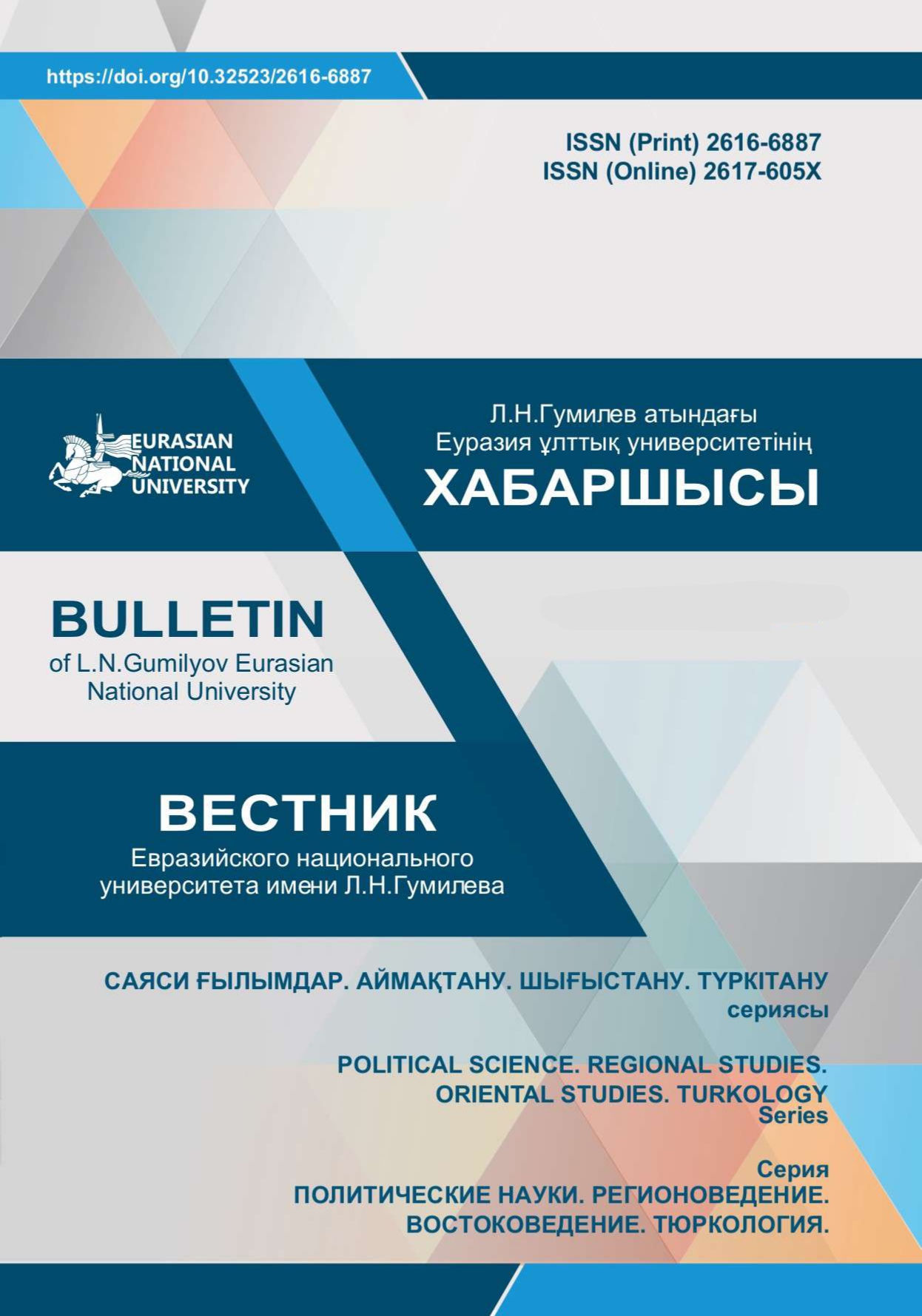Prerequisites and main processes for the implementation of the "Society 5.0" concept in Japan
Views: 167 / PDF downloads: 132
Keywords:
Society 5.0, digital society, digital immigrants, digital natives, social society, artificial intelligence, IoT.Abstract
apan is a country with a high level of technological development. This is a modern country that respects its traditional values and stands out not only in the economic direction, but in all aspects. The main purpose of the article is to determine the goals and objectives that form the direction of development of the concept of «Society 5.0» in Japan. The coexistence of information technology and the digital society shows the features of the development of the concept and offers its important theoretical foundations. In addition to theoretical prerequisites, parts of the development of the digital society are described. That is, digital immigrants and natives, adapters to a digital society and those born in a digital society, and their ways of mastering modern technologies are determined. This means that Japan does not develop unilaterally and does not rely on the experience of other countries, but rather, it is said that the principle of the article is to show several examples of European countries that have taken part in the development of the digital society. In addition, having considered the directions of the concept of «Society 5.0» in various areas, presenting the advantages and disadvantages, it was concluded that there is a society in which modern technologies can be used not only by young people, but also by older people.
Key words: Society 5.0, digital society, digital immigrants, digital natives, social society, artificial intelligence, IoT.
Downloads
Published
How to Cite
Issue
Section
License
Copyright (c) 2024 Bulletin of the L.N. Gumilyov Eurasian National University. Political Science. Regional Studies. Oriental Studies. Turkology Series.

This work is licensed under a Creative Commons Attribution-NonCommercial-NoDerivatives 4.0 International License.







